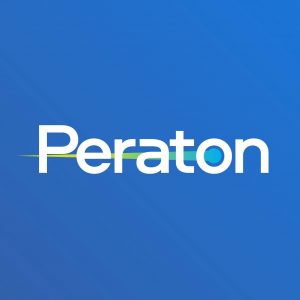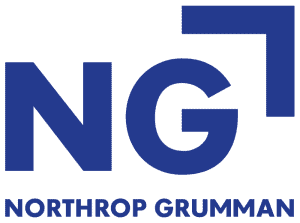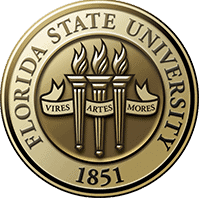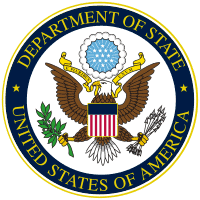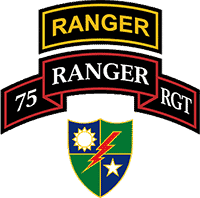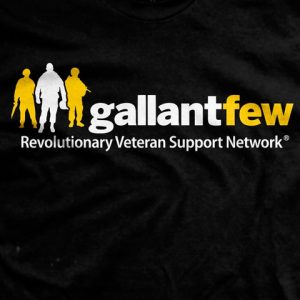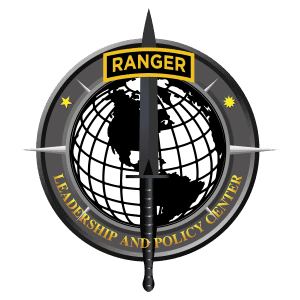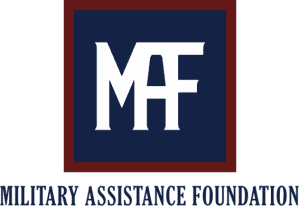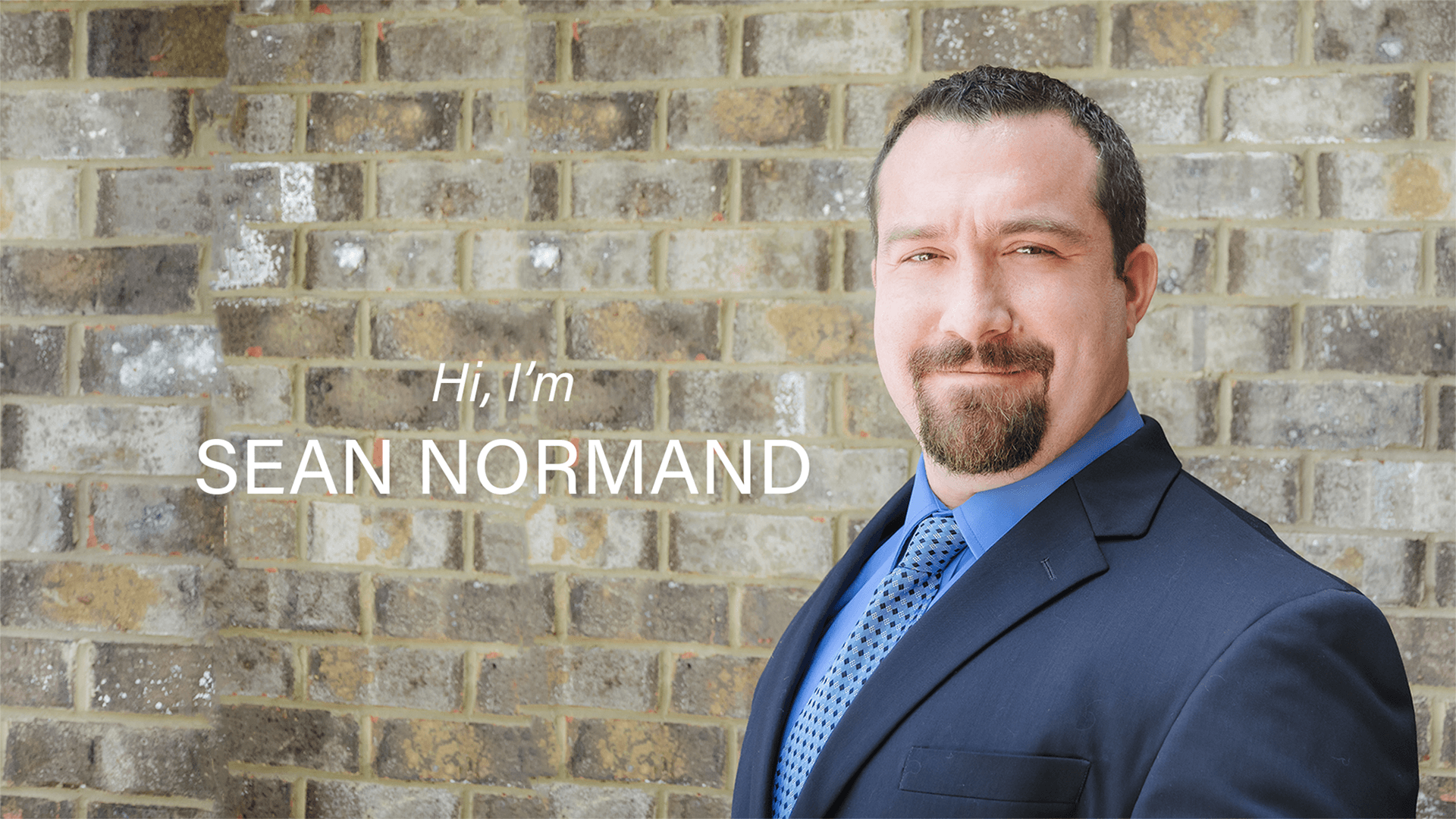
Peraton
Program Manager (2016 – present)
I am a program manager and research scientist. Currently, projects in my $20m+ research portfolio focus on personnel security, insider threat, and improving soldier training and education. I hold a Doctorate in Education, a Master’s degree in Business Administration, and a certificate in Advanced Project Management. My volunteer work assists former special operations forces soldiers, particularly members of the 75th Ranger Regiment, to successfully transition into industry and academia.
I support my team and our customers by analyzing requirements from government statements of work, developing technical proposals, determining cost estimates, selecting and supervising subcontractors/consultants, managing budgets, allocating resources, planning work schedules, and presenting program reviews.
Northrop Grumman
Program Manager (2016 – 2021)
In February 2021, Northrop Grumman completed the divestment of its IT services business to an affiliate of US-based private equity firm Veritas Capital for $3.4bn. My program, Army Research, was included in the Division that was divested. My entire program, including personnel, material, facility, and contracts, transitioned with me to Peraton.
University of West Florida
(EdD) Doctor of Education
My dissertation sought to explore the relationship between teamwork, taskwork, and performance among teams of conventional and special operations Soldiers. I used a single-case, embedded design approach on a 2016 database for my study. I examined the database to identify the patterns of taskwork performance and teamwork skills that reflect team cohesion and collective efficacy. Sixty-four soldiers composing 21 teams formed the basis for pattern matching analysis. My dissertation concluded that teamwork skills reflecting team cohesion and collective efficacy are measurable during training situations with behavioral markers. Additionally, deliberately training teamwork skills improved the performance of Army teams from both conventional and special operations units.
Science Applications International Corp
Operations Research Analyst (2013 – 2016)
Responsible for leading, planning, resourcing, and executing multiple <$500k projects per year targeted at enhancing the effectiveness of tactical units. Interfaced with industry and government executives to lead teams towards project completion, on-time, on budget, and exceeding customer expectations.
Senior Instructional Specialist (2010 – 2013)
Directed the activities of seven instructors in the fielding and training office, managing schedules, providing training, writing performance evaluations, and overseeing professional development. Supported the Combined Joint Special Operations Task Force (CJSOTF-A) in Afghanistan, managing 11 field service representatives and $5M+ in weapons and equipment
Florida State University
(MBA) Master’s in Business Administration
The Florida State University business program helped develop my technical skills to complement my real-world experience. I was the oldest student who graduated with the 2010 cohort and had the privilege to go through the program with an incredibly bright class. FSU’s MBA program introduced me to foundational business skills that have helped me at every stage of my career. However, 2010 was a difficult year to be looking for employment, especially for MBAs. There was a glut of business and finance graduate degrees looking for a job after the financial crisis which made my initial job search quite frustrating.
The U.S. State Department
Defensive Marksman (2006 – 2009)
Contractor supporting the U.S. State Department by providing precision threat reduction capability in combat zones. Conducted protective security services for U.S. government officials including the President of the United States, Vice President, Secretary of State, U.S. Ambassadors and other high-ranking government officials. Aided the U.S. diplomatic mission in overseas posts by protecting personnel and assessing security threats against U.S. interests
U.S. Army
Infantry (1999 – 2006)
Assigned to 1st Ranger Battalion 75th Ranger Regiment C co then HHC Sniper Section. Completed Airborne School, Ranger School, Special Operations Sniper School (SOTIC) and Jungle Warfare Training. After active duty, honorably served in the Florida National Guard. Activated in December 2002 to deploy in support of Operation Iraqi Freedom (2003 – 2004).
Recent Publications

Exploration of Taskwork and Teamwork Skills of Selected Military Personnel
Army soldiers need teamwork skills to form agile and adaptive teams, but these skills are not systematically addressed during training. A lack of teamwork skill development results in suboptimal performance of combat soldiers. Sixty-four soldiers composing 21 teams formed the basis for pattern matching analysis. Findings indicate that team cohesion and collective efficacy are antecedents of performance in Army combat teams. Read the entire report on the Defense Technical Information Center (DTIC) here
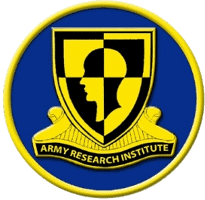
Chen, D.-W., Neville, K. J., Massey, L., Burbelo, G. A., Blankenbeckler, P. N., Normand, S., & Uhl, E. (2019). Toward a Definition of Complex Cognitive Skill. Proceedings of the Human Factors and Ergonomics Society Annual Meeting, 63(1), 1445–1449. https://doi.org/10.1177/1071181319631342

Stallings, G. M., Normand, S., Brou, R. (2018). Designing Scalable, Objective Assessments of Interpersonal Leadership Skills: U.S. Army Research Institute for the Behavioral and Social Sciences.
Army Science and Technology Symposium and Showcase 22 AUG 2018

Stallings, G. M., Normand, S., Graves, T. R., Fike, D., & Brent, L. (2018). Developing air defense artillery warrant officers cognitive skills: An analysis of training needs. Fort Belvoir, VA: U.S. Army Research Institute for the Behavioral and Social Sciences
Abstract: This is the first of two reports on a research project intended to determine the cognitive skills required throughout the career of an Air Defense Artillery (ADA) Warrant Officer (WO) and whether the training they receive supports those requirements. The researchers assessed ADA WOs needs based on requirements for successful duty performance and compared these findings to the training WOs receive in formal courses during their career progression. Findings indicated differing requirements for WOs as they progress in their careers and between two ADA WO career paths (140A and 140E). On average across ranks, 17% of WOs reported working in duty positions above their grade indicating a need for skill development throughout their career progression, but especially critical in the junior level WO courses. Recommendations are provided to address identified gaps between the cognitive skills required by grade and duty position, and the common core training WOs traditionally receive prior to promotion.

Graves, T. R., Blankenbeckler, P. N., Normand, S., & Bankus, T. Learning to learn: An interactive multimedia instruction validation. Fort Belvoir, VA: U.S. Army Research Institute for the Behavioral and Social Sciences.
Abstract: This research experimentally tested two tailored training instructional design learner- and designer-controlled to refine and validate an existing interactive multimedia instruction (IMI) package. The IMI content focused on training early-career Army Noncommissioned Officers (NCOs) on strategies and techniques for self-directed learning. Self-directed learning is considered an essential professional development skill, supporting NCOs in their career progression. The research was executed in two phases: (a) experimental comparison of two IMI instructional designs, and (b) validation of the final version of the IMI. No statistically significant difference was found between learner-controlled instruction versus designer-controlled instruction. The learner-controlled design incorporated a diagnostic test and feedback to guide the learner in selecting topics on which to focus their efforts; the designer-controlled design provided all learners with the same sequence of topics. The final version merged features of the instructional designs based on feedback from NCOs. In the validation, NCOs enrolled in Basic Leadership Courses (BLC) courses exhibited improved pretest-training-posttest performance and increased confidence in their ability to perform the trained strategies and techniques.
Download full report here
Publications and Presentations
- DeLoia, A., Burbelo, G. A., Uhl, E.R., Graves, T. R., Sytine, A., Smith, A., Normand, S. (in press). Acquisition, sustainment, and enhancement of cyber cognitive skills: Talent profiling tier 1 cyber personnel. U.S. Army Research Institute for the Behavioral and Social Sciences.
- Burbelo, G. A., Bryon, B. L., DeLoia, M. A., Normand, S. L., Bannon, J. S., Kochert, J. (in press). Comprehensive front-end analysis of Army land navigation tasks, training, and assessment. S. Army Research Institute for the Behavioral and Social Sciences.
- Normand, S. L., Johnston, J. (2020, November 30-December 4). A qualitative study on behavioral markers of team cohesion and efficacy to inform the Army’s synthetic training environment [Paper presentation]. Interservice/Industry Training, Simulation, and Education Conference, Orlando, FL, United States. I/ITSEC_repository
- Neville, K., Chen, D., Massey, L., Cowell, T., Burbelo, G. A., Blankenbeckler, P. N., Normand, S. L., Uhl, E. R. (2020). A cognitive skills research framework for complex operational environments (Technical Report 1379). S. Army Research Institute for the Behavioral and Social Sciences. https://apps.dtic.mil/sti/pdfs/AD1091744.pdf
- Normand, L. (2019). Exploration of taskwork and teamwork skills of selected military personnel [Doctoral dissertation, University of West Florida] https://apps.dtic.mil/sti/citations/AD1084347
- Chen, D. W., Neville, K. J., Massey, L., Burbelo, G. A., Blankenbeckler, P. N., Normand, S. , & Uhl, E. (2019, October 28-November 1). Toward a definition of complex cognitive skill [Paper presentation]. Human Factors and Ergonomics Society Annual Meeting, Seattle, WA, United States. https://doi.org/10.1177/1071181319631342
- Brou, R., Stallings, G., Stearns, I., Normand, S. L., & Ledford, B. (2018, November 26-30). Building automated assessments of interpersonal leadership skills [Paper presentation] Interservice/Industry Training, Simulation, and Education Conference, Orlando, FL, United NTSA (iitsecdocs.com)
- Stallings, M., Normand, S. L., Graves, T. R., Fike, D., & Brent, L. (2018). Developing air defense artillery warrant officers cognitive skills: An analysis of training needs. U.S. Army Research Institute for the Behavioral and Social Sciences. https://apps.dtic.mil/sti/pdfs/AD1048723.pdf
- Brou, R. J., Normand, S. L., Stallings, G. (2018, August 21-23) Scenario-based, free response assessments of interpersonal leadership skills [Paper presentation]. Army Science & Technology Symposium and Showcase Washington, DC, United States pdf (usgovcloudapi.net)
- Graves, T. R., Blankenbeckler, P. N., Normand, S. L., & Bankus, T. (2017). Learning to learn: An interactive multimedia instruction validation (Research Report 2017). U.S. Army Research Institute for the Behavioral and Social Sciences. https://apps.dtic.mil/sti/pdfs/AD1058600.pdf
What I’m Working On Now

Enhancing Leader Decision Making in Interpersonal Contexts
Effectively dealing with people is a requirement in any leadership role but is especially important in the U.S. Army. Despite the broad utility of interpersonal leadership skills, methods available to trainers for systematically assessing those skills are limited. Our team developed an interactive set of scenarios that present the user with interpersonal challenges. Our computer-based simulation processed non-primed responses from the participants and the results were fascinating. The system logic interpreted free-text user responses to real-time conversations with avatar characters. Avatar reactions were influenced by users’ inputs (or lack of inputs) which ultimately determined scenario progress and outcomes. This tool has a wide variety of applications that bridge the gap between less effective static measures of leadership assessment (e.g., self-reports and situational judgment test) and costlier (both in time and resources) live assessment.
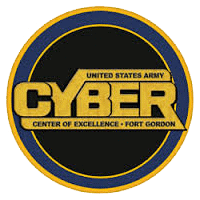
Complex Cognitive Skills Research Framework
Our team is working to devise and test a framework for ARI research in the acquisition, retention, and assessment of Soldier complex cognitive skills. Soldiers are becoming responsible for performing increasingly complex cognitive tasks. As such, this research effort will explore the systemic increase in Army complex cognitive tasks as well as develop a conceptual framework comprising paradigmatic dimensions, objects, and relationships that might frame future cognitive research.
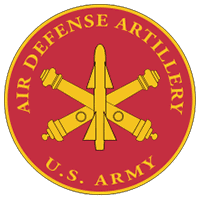
Enhancing Sensemaking Skills
Our team is working to develop and validate a conceptual model and measurement tools that enhance individual Soldiers’ acquisition, retention, and application of sensemaking techniques. This research effort focuses on individual sensemaking techniques commonly applied in Air and Missile Defense (AMD) operational contexts, concerning problems of risk management, adversary actions, weapons prioritization, and interpreting the operational environment.
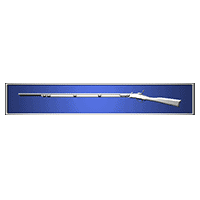
Talent Assessment for Maneuver, Fires, and Effects
Our team is conducting front-end analysis and development for assessing performance during a variety of competitive events that are critical discriminators for talent management in combat arms MOSs and Branches. Competitive events include the Expert Infantryman Badge (EIB), the Expert Field Medical Badge (EFMB), and the new Expert Soldier Badge (ESB). The primary objectives of this research are to examine effective and innovative ways to measure individual Soldier and Leader, squad, and crew tasks so that the data can be used to manage, track and report individual and team performance. This research will compare, contrast and leverage these findings for individual, squad and crew training purposes.
Projects I’m Passionate About
The Gallant Few
The Gallant Few is a 501(c)3 veteran nonprofit where I serve on the Darby Project, which is focused on helping Rangers successfully transition to civilian life.
The Ranger Leadership and Policy Center
The Ranger Leadership and Policy Center is a 501(c)3 veteran nonprofit where I serve as a research fellow lending my education and training expertise to support leadership excellence in the Ranger community.
Military Assistance Foundation
Military Assistance Foundation is a 501(c)3 veteran nonprofit where I serve as an advisor assisting former special operations soldiers transition into ivy league universities.
